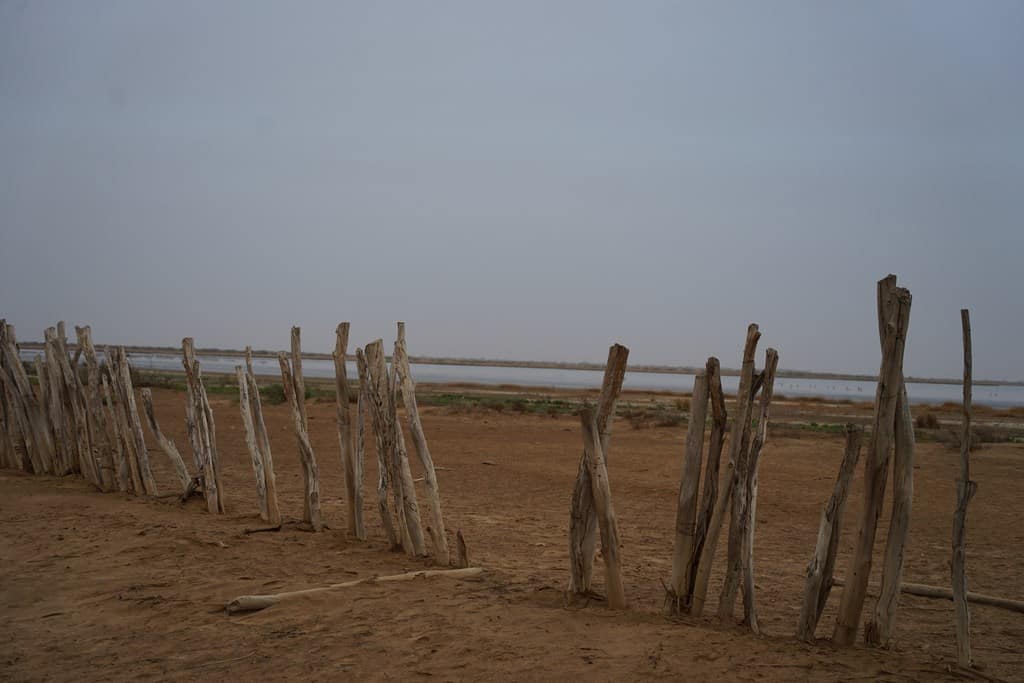Do you know the Djoudj National Bird Park, one of the main migratory sites of birds? If not, we invite you to have a look at it because it is worth it.
ADED formed a consortium of international researchers and local organizations to address one of the current issues affecting the park and its inhabitants: surface water pollution. This pollution results from agricultural outputs, livestock grazing near streams, and poor water and sanitation infrastructure in the villages bordering the park. Unfortunately, the population still uses this water, as the water table from which they used to draw has been drastically reduced since the implementation of the rice policy under the SN30 National Emergency Plan. Within the framework of our pilot project, we wish to improve the water and sanitation infrastructure sustainably, not only to limit water harvesting from the river but also to reduce diseases among the population. At the end of this first pilot project, the objective will be to establish an integrated water resources management plan with the park authorities and the local population, to reduce pollution and access to more water resources.
[/et_pb_text][/et_pb_column][/et_pb_row][/et_pb_section]


